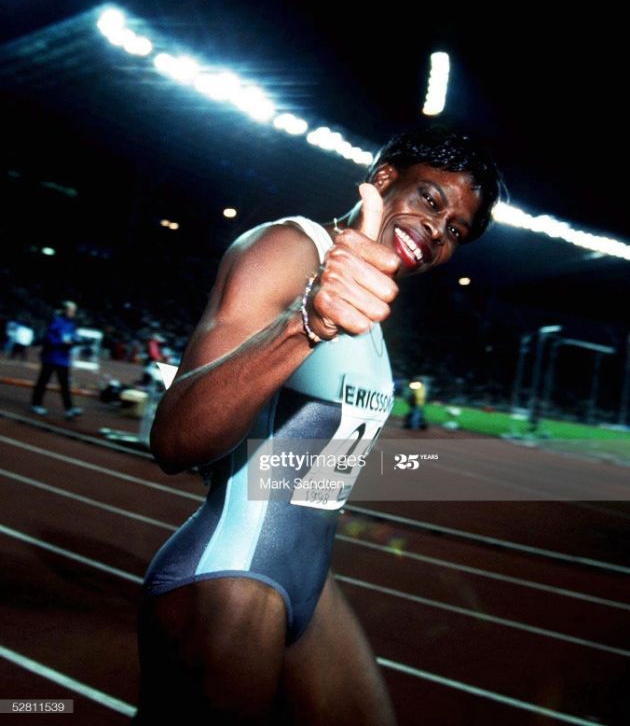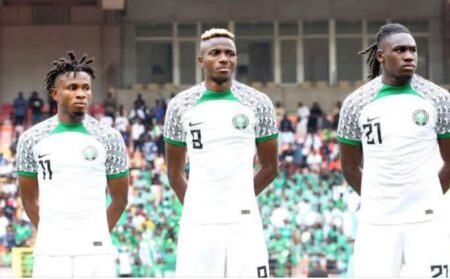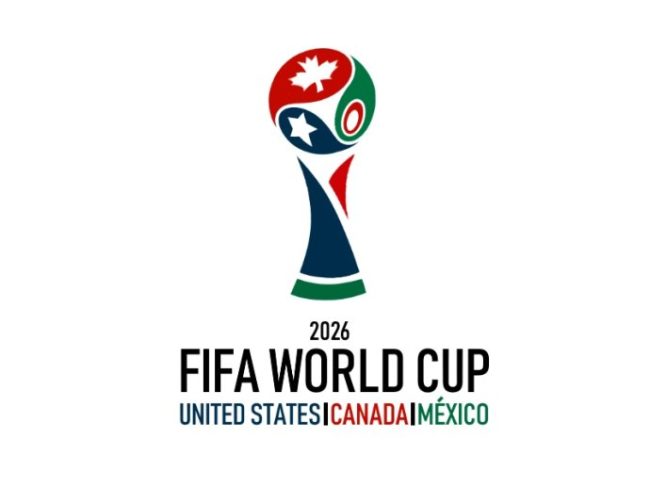Complete Sports’ Dare Esan chronicles Nigeria’s fall from grace to grass in the women’s 400m. Who can restore Nigeria’s lost glory in women’s 400m? How did the country sink to this low in an event she completely dominated in Africa between 1985 and 1999? Where do Nigeria find the new Falilat Ogunkoya, Charity Opara, Fatimah Yusuf and Kehinde Vaughan?
Nigeria was the only name on the lips of African athletics watchers in the 1980s and 1990s. The country won seven of the eight gold medals on offer at the African championships between 1985 when Kehinde Vaughan won the country’s first African title in the event and 1998 when Falilat Ogunkoya became the second Nigerian quartermiler after Fatimah Yusuf (1990) to successfully complete a 200m/400m double.
Since that historic feat, no Nigerian woman has been crowned African champion in the event. The same scenario was recreated at the African Games as Nigeria is yet to mount the podium again since 1999 when Ogunkoya (again!) ran 50.02 seconds to emerge
champions in Johannesburg, South Africa.
Nigeria produced two finalists (Ogunkoya and Yusuf) at the World Championships in Gothenburg, Sweden in 1995 and repeated the
same feat at the Olympic Games in Atlanta,Georgia, USA the following year.
Also Read – Finidi: Why Super Eagles Lost To Italy At 1994 World Cup
Ogunkoya would go on to run in three more finals at the World Championships (1997,1999 and 2001). She also won a bronze medal in the event in Atlanta.
In 1998, two Nigerian quartemilers dominated the world athletics circuit, winning six of the seven races in the Golden League circuit and got ranked first (Ogunkoya) and second (Charity Opara) best for the year. Opara’s 49.29 seconds run at the Golden League meeting in Rome was the fastest by any 400m runner in the world that year.
The crash is not limited to mounting the podium. With all our accomplishments in the event globally, only three women have ran a sub-50 seconds in the event.
Ogunkoya holds the African record with the 49.10 seconds she ran in Atlanta to win an Olympic bronze medal; Yusuf holds an altitude-aided personal best of 49.43 seconds she ran in winning her second African Games 400m gold in Harare, Zimbabwe in 1995 while Charity Opara stunned the world with her 49.29 seconds perfomance to top the world list in 1998.
Since August 1999 when Ogunkoya ran 49.96 seconds, her last of 19 sub-50 seconds runs, no Nigerian has raced near breaking 50 seconds in the event again.
The closest we had was the 50.30 seconds Olabisi Afolabi ran to place third at the Sydney Olympics trials at the National Stadium in Lagos in July 2000. Only three athletes managed to break 51 seconds after Afolabi did in 2000 and they are Folasade Abugan (50.89),Reginna George
(50.84) and Patience Okon George (50.71).
After the enviable heights recorded by the trio of Ogunkoya, Yusuf and Opara, how did we crash so badly that we have been unable to produce an African champion for 22 years at the African championships and 21 years at the African Games?
No Nigerian 400m runner has made it to the final of the event at both the World championships and the Olympics since Ogunkoya failed to finish in the 400m final in Edmonton, Canada in 2001 and at the 2000 Olympics in Sydney where she placed seventh.
Is it lack of talents or a conducive environment to develop the talents or both? Most of the athletes have abandoned the quartermile for the sprint. Many see the 400m as a ‘killer’ event and thus migrated to
the ‘friendlier’ and most glamorous 100m.
Is the 400m truly a killer event? Analysts believe the training for a 400m is very difficult and unique in that you have to incorporate speed, endurance and the ability to maintain top speed for a longer period.
Some coaches see it as speed mixed with toughness. It is seen as the most challenging race mentally, the hardest race to run, because not many people are able to sprint one lap around a track.
Can Nigeria truly restore her lost glory in the event again and produce African champions, World indoor and Olympic medallists again?
Foremost athletics coach, Chief Tony Osheku says the talent are in huge supply but the environment is not encouraging enough.
”Honestly, Nigeria went to sleep after the dominance of Fali, Fatimah, Charity and Afolabi. The Federation (AFN) didn’t do
the needful to scout for new talents to take over,” said the man who coached Ogunkoya to two Olympic medals, four World Championships final, the number one spot in the world in 1998, a Grand Prix final win, World Cup and Goodwill Games title also in 1998 and a unique 200m/400m double in Dakar at the African Championships.
Osheku did not also spare the media as he contends that the fourth estate of the realm did not do enough to showcase the
great past 400m female runners to the up and coming ones.
“How many Nigerians know that Kehinde Vaughan won Nigeria’s first gold medal in the event at the African Championships (1985)
and the African Games (1978)?How many know that (Fatimah) Yusuf ran a sub-51 seconds in the event as an U-20 athlete and that
she is the first African to have done so as a junior?,” he asked and confirmed that the 400m is truly a ‘killer’ event.
”It takes a lot to prepare and produce a world class 400m runner. The training is very demanding and lately not many
Nigerian athletes are ready for the grueling training that will translate to success. Our present athletes believe in only speed work and it is beyond that if you want to be world class. A potential world class 400m runner must be ready to do long
runs, speed endurance, specific endurance, specific strength and the real speed. Cutting the corners trying to avoid anaerobic training is a major problem with the new Nigerian quartermilers. For Nigeria to rejuvenate itself again, the right
structure must be in place. Motivate the athletes with financial reward and educate the athletes about their past heroines and get the right coaches and the rest is history,” said Osheku who also coached Mohammed Kwarjafa to win the 400m gold at the African Championships in Kenya, Libya’s first and so far only gold medal in the history of the competition.
Photos credit: Getty Images







